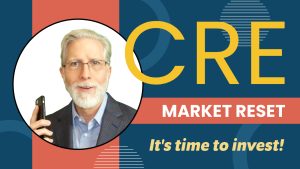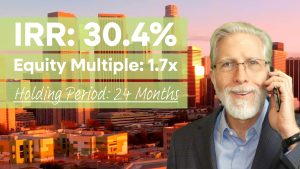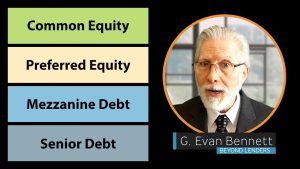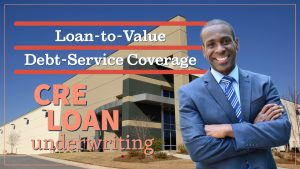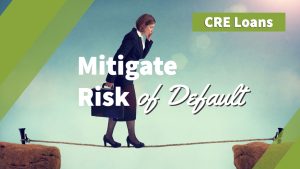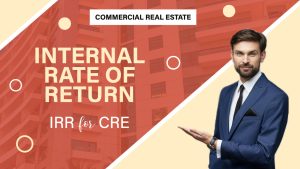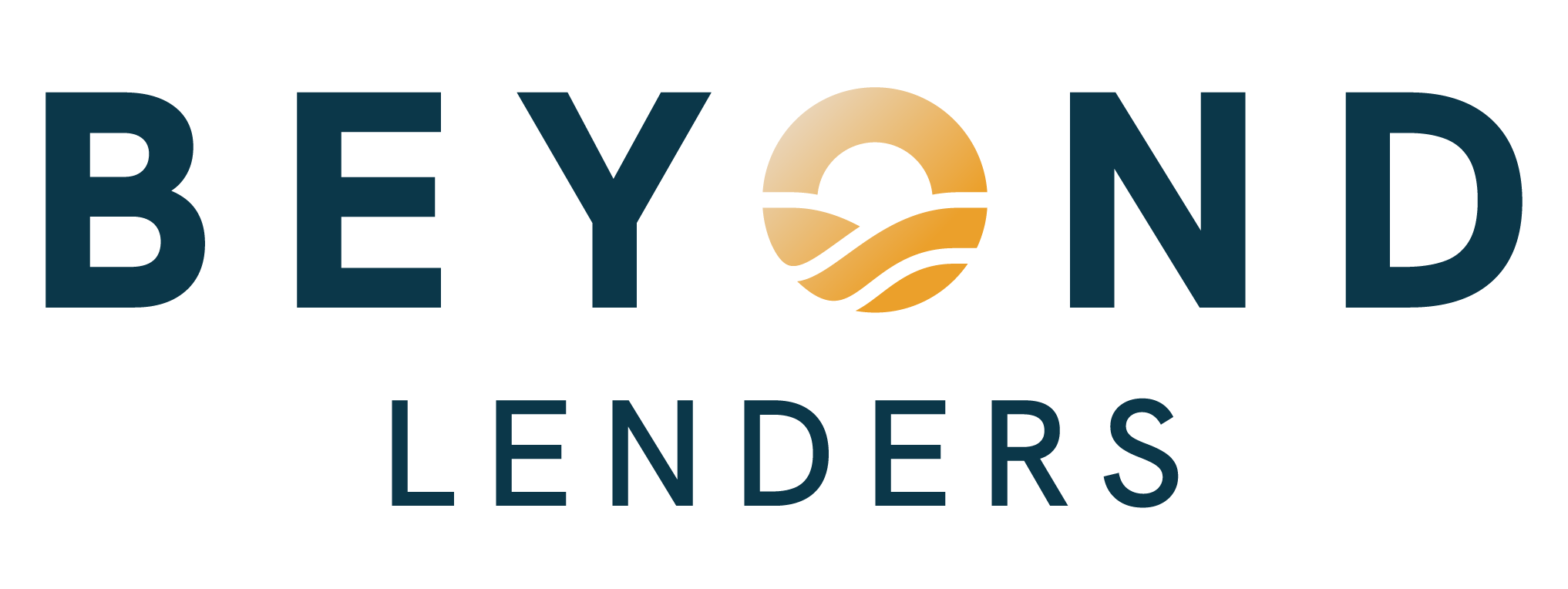Determine if you’re an accredited investor and, if so, start planning the next steps on your investment journey.
Objectives
- Define Reg D investments.
- Understand the requirements for accredited investors.
- Plan the next steps on your investment journey.
Listen to This Article
Established by the Securities Act of 1933, an accredited investor is a person who’s allowed by law in the United States to invest in securities that are not registered with the Securities and Exchange Commission, or SEC. In other words, if you’re an accredited investor, you have access to investments that simply aren’t available to most people. This affords you a tremendous advantage in further growing your wealth.
How Accredited and Non-accredited Investors Differ
Non-accredited investors, which is generally what people mean when they say retail investors, are only allowed to invest in securities that are registered with the SEC. Examples include more traditional and highly liquid investments, such as stocks, bonds, and mutual funds. They typically execute these trades through brokerage firms or other types of investment accounts.
Accredited investors, however, are not limited to those types of investments. They can also invest in hedge funds, private equity funds, real estate syndications, and numerous other so-called private placement investments. Also known as Reg D investments, a reference to Regulation D of the Securities Act, it’s not necessary to register them with the SEC. These investment opportunities are typically found through relationships with investment advisors, private bankers, angel networks, and real estate syndicators, just to name a few. It’s very much a case of who you know.
Am I an Accredited Investor?
So, what are the requirements for accredited investors? Most people who qualify will do so by meeting at least one of two primary requirements, which are summarized as follows:
- Have a net worth, either individually or jointly with a spouse, of at least $1,000,000, not including the value or indebtedness of a primary residence; or
- Have an individual income of at least $200,000 or a joint income with a spouse of at least $300,000 for each of the last two years, with a reasonable expectation of earning the same amount in the current year.
It’s estimated that around 10% to 11% of Americans meet these requirements. Because of their wealth, accredited investors are thought to be financially sophisticated, meaning they’re capable of making informed decisions about investing on their own, without reliance on the SEC. They’re fully capable of conducting their own due diligence and gauging all the risks associated with particular investments. Equally as important, they have the financial wherewithal to sustain any losses in capital that might result from those investments.
In a nutshell, that’s the distinction between accredited and non-accredited investors. The former are considered capable of fending for themselves, while the latter are not. At least, that’s the way it’s framed by the Securities Act. As a result, accredited investors have privileged access to Reg D offerings, investments that typically offer the potential for outsized returns. Reg D offerings can also make for an excellent way of diversifying one’s portfolio. The alternative assets behind private placements are often largely uncorrelated with the public markets. That goes a long way in reducing exposure to systemic risk.
A New World of Investment Opportunities
To start investing in Reg D offerings, you don’t need to register as an accredited investor with the SEC or any other governmental agency. Instead, companies issuing unregistered securities must take reasonable steps to determine your accreditation status before selling to you. The way they go about doing that varies by company and the offering, but the SEC provides guidance on which steps are considered reasonable. This is usually done by collecting documentation related to income and net worth, including such things as tax returns, bank or brokerage statements, accreditation letters from accountants or attorneys, financial statements, and credit reports, as well as having the accredited investor complete questionnaires and attestations.
If you’ve only just realized that you’re an accredited investor, welcome to the club. You have access to a whole new world of investment opportunities that the average person can’t reach. It’s both an awesome privilege and responsibility. Keep educating yourself, do your due diligence, and start making the necessary connections to find the best investment opportunities.

